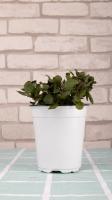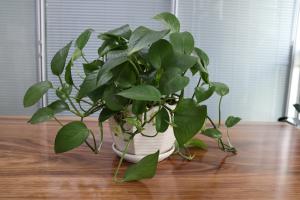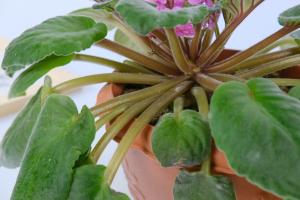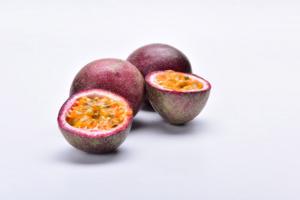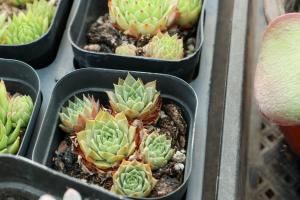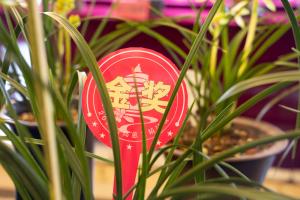Is Leachate Good for Plants?
Leachate is the liquid that drains from landfills and can contain a variety of organic and inorganic contaminants. While the idea of using this liquid on plants may seem counterintuitive, there are some who believe that leachate can be beneficial for plant growth. However, before using leachate on your plants, it is important to consider the potential risks and benefits.
What is Leachate?
Leachate is the liquid that passes through a landfill and picks up contaminants along the way. These contaminants can include heavy metals, pesticides, and other harmful chemicals. As the leachate accumulates, it is typically collected and treated before being discharged into the environment. However, some people believe that the organic matter and nutrients present in leachate can provide benefits to plants.
The Benefits of Leachate for Plants
Proponents of using leachate on plants argue that the liquid can provide a range of benefits. For example, leachate is high in nitrogen, which is a key nutrient for plant growth. The organic matter present in leachate can also help to improve soil structure and retain moisture, both of which can be beneficial for plant health. Additionally, some believe that the microbes present in leachate can help to improve soil health and facilitate nutrient uptake by plants.
The Risks of Using Leachate on Plants
Despite the potential benefits of using leachate on plants, there are also several risks that must be considered. One of the biggest risks is the presence of harmful contaminants in the leachate. Depending on the location of the landfill and the types of waste it contains, leachate can contain a range of toxic substances. These contaminants can potentially harm both plants and humans. Additionally, using leachate on plants can contribute to the spread of disease and pests, as well as the growth of weeds.
How to Use Leachate on Plants Safely
If you decide to use leachate on your plants, it is important to take certain precautions to minimize the risks. First, you should only use leachate that has been treated and tested to ensure that it is free of harmful contaminants. In addition, you should avoid using leachate on edible plants, as the risk of contamination is higher. Finally, you should apply the leachate carefully and avoid getting it on the leaves of the plants, as this can increase the risk of disease and pest infestation.
Alternatives to Using Leachate on Plants
If you are uncomfortable using leachate on your plants, there are several alternative methods to consider. For example, you can create your own compost using organic materials such as leaves, grass clippings, and food scraps. This compost can provide similar benefits to leachate, such as enriching soil and providing nutrients for plant growth. Another alternative is to use organic fertilizers, which are made from natural sources and are free of harmful chemicals.
The Verdict
So, is leachate good for plants? The answer is both yes and no. While leachate can provide nutrients and other benefits, it can also contain harmful contaminants that can pose a risk to both plants and humans. If you choose to use leachate on your plants, it is important to take certain precautions to minimize these risks. However, there are also several alternative methods that can provide similar benefits without the potential risks.

 how many times do yo...
how many times do yo... how many planted tre...
how many planted tre... how many pine trees ...
how many pine trees ... how many pecan trees...
how many pecan trees... how many plants comp...
how many plants comp... how many plants can ...
how many plants can ... how many plants and ...
how many plants and ... how many pepper plan...
how many pepper plan...